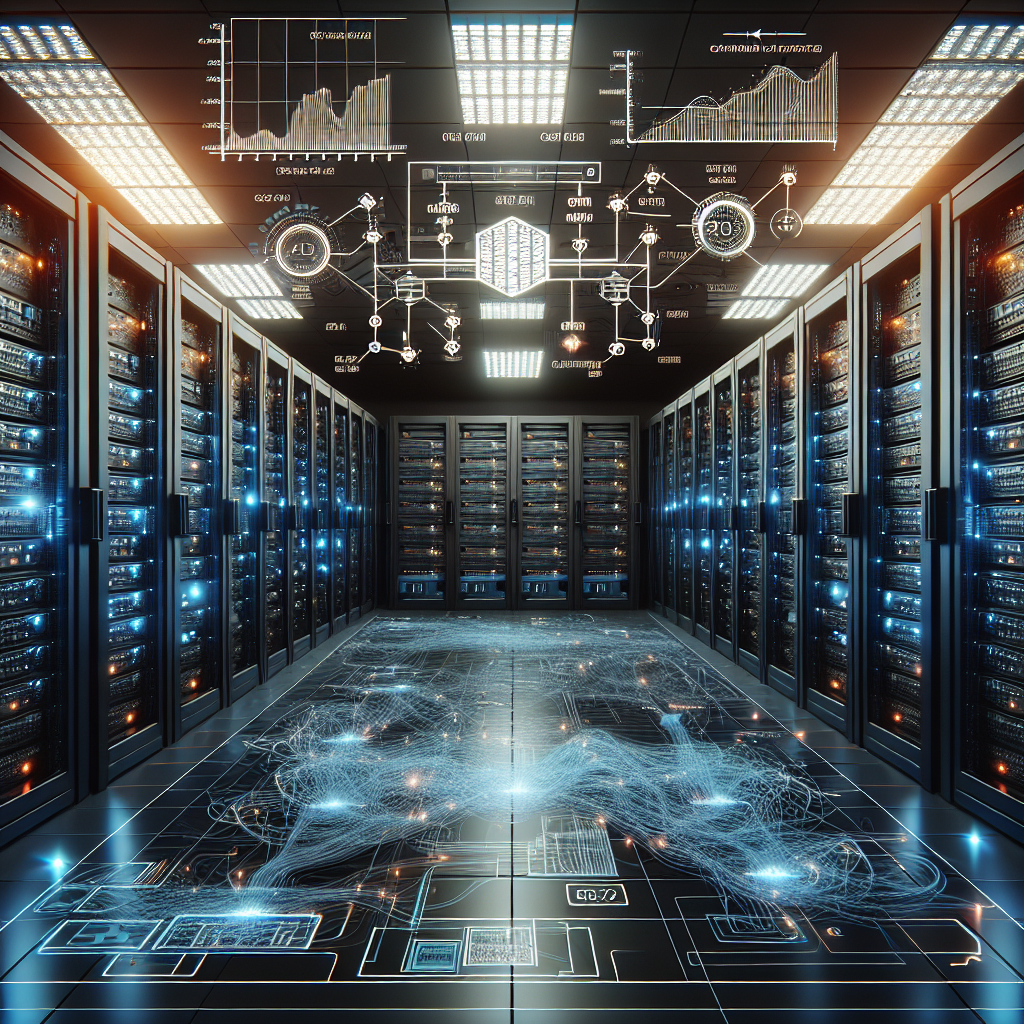As businesses continue to rely more heavily on digital processes and applications, the demand for data center server networking solutions that can enhance connectivity and performance is on the rise. Data centers serve as the backbone of modern IT infrastructure, housing the critical hardware and software that keep businesses running smoothly. However, without a robust networking infrastructure in place, data centers can struggle to deliver the speed, reliability, and scalability that businesses need to stay competitive.
One of the key challenges facing data center server networking is the increasing volume of data being generated and processed by businesses. With the rise of technologies such as cloud computing, big data analytics, and the Internet of Things, data centers are under more pressure than ever to handle massive amounts of data quickly and efficiently. This requires networking solutions that can provide high-speed connectivity between servers, storage systems, and other devices within the data center, as well as seamless integration with external networks and cloud services.
To meet these demands, data center operators are turning to technologies such as software-defined networking (SDN) and network function virtualization (NFV) to improve the agility, scalability, and performance of their networking infrastructure. SDN allows for centralized control and programmability of network resources, making it easier to adapt to changing traffic patterns and application requirements. NFV, on the other hand, enables the virtualization of network functions such as firewalls, load balancers, and VPNs, reducing the need for dedicated hardware appliances and increasing flexibility and efficiency.
In addition to these technologies, data center operators are also investing in high-speed networking hardware such as 10GbE and 40GbE switches, as well as fiber optic cables and connectors that can support the increased bandwidth requirements of modern data center applications. These technologies help to reduce latency, improve reliability, and increase overall network performance, ensuring that data can be transferred quickly and securely between servers and storage systems.
Another key consideration for data center server networking is security. With cyber threats becoming more sophisticated and prevalent, data center operators must ensure that their networking infrastructure is protected against unauthorized access, data breaches, and other security risks. This includes implementing robust encryption protocols, access controls, and monitoring systems to detect and respond to potential security threats in real-time.
In conclusion, data center server networking plays a crucial role in enhancing connectivity and performance within modern data centers. By investing in technologies such as SDN, NFV, high-speed networking hardware, and robust security measures, data center operators can ensure that their infrastructure is able to meet the demands of today’s digital economy. With the right networking solutions in place, businesses can achieve faster data processing, improved reliability, and greater scalability, ultimately driving growth and innovation in the digital age.


Leave a Reply